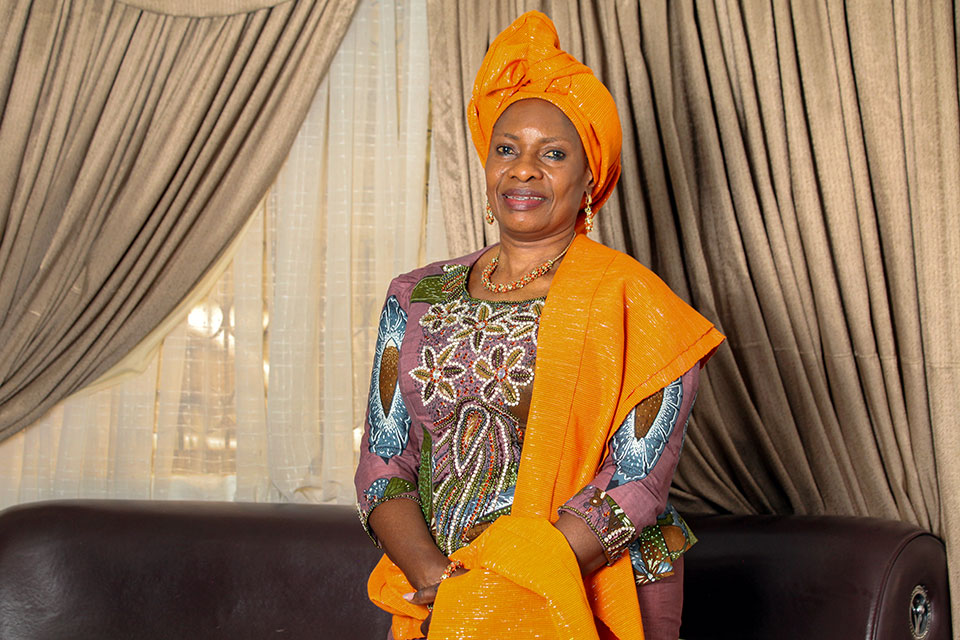By Asmau Ahmad
Nigeria’s Minister of Women Affairs, Mrs Pauline Tallen, says the Federal Government is disposed to calls for increase in women’s participation in peace and security processes in the country.
She stated this during the meeting of the Security Sector Reference Group on United Nations Security Council Resolution (UNSCR) 1325 organised by the UN Women in Abuja.
The minister, while decrying the spate of attacks and killings in the country, said women were worst hit by security challenges affecting the nation, hence the need for more strategies to curb it.
“We will continue to support increase in women’s participation in peace and security processes, peace negotiations, conflicts prevention and resolution by showcasing best case practices.
“The strategic role women play in the security sector is very important. They play the unseen role; there are a lot of things that happen behind the scene only a woman sees and getting her involved makes a lot of sense.
“We will continue to lend hands, to work together with the men because security is everyone’s business but women’s role is more strategic because they are involved in mediation, they bring about peace.
“I strongly believe that more involvement of women in the security sector will bring a meaningful impact to our security architecture and that is why I am lending my full support to this, Mrs Tallen said.
The minister revealed progress toward developing the third National Action Plan (NAP-3-) to identify and capture current women, peace, security priorities and key intervention needs in Nigeria including the COVID-19 pandemic.
She, therefore, stressed the need to pay more attention to the domestication of the UNSCR 1325 in the six-geopolitical zones of the country to improve gender mainstreaming in the security architecture of the country.
Nigeria’s UN Women Country Representative, Ms Comfort Lamptey, said that the Reference Group was part of intervention by the UN Women, funded by the government of Germany to enhance gender balance and gender responsiveness of security sector institutions.
Dr Julie Sanda, Senior Researcher/Training Coordinator, Centre for Strategic Research and Studies, National Defence College, stressed the need to involve women in addressing insecurity in the country.
“Women should play their own part whether in the formal security sector or at community levels; security affects everybody and so everybody has to contribute. The contribution of women ensures that we have a gender responsive approach to security,” she said.
Assistant Inspector-General (AIG) of Police, Aisha Abubakar, reiterated the commitment of the police toward prioritising gender issues to address challenges affecting women and children.
Similarly, Brigadier General Christiana Thomas of the Nigeria Defence Headquarters reiterated the armed forces commitment in advancing gender balance by fully implementing gender policies in the line with the UNSCR 1325.
The Reference Group comprised gender focal persons of security sector institutions, oversight bodies, independent experts, and co-chaired by the armed forces of Nigeria.




